
The Complete MERN Stack Developer Career Roadmap
Oct 09, 2025 5 Min Read 2783 Views
(Last Updated)
Are you stuck in a career that doesn’t excite you anymore? Or perhaps you’re a student unsure whether to pursue traditional engineering paths or ride the wave of tech innovation? In today’s digital-first world, web development has emerged as one of the most accessible, high-growth, and future-proof careers, and the MERN stack is at the heart of it. But what exactly is the MERN stack, and why is it the go-to choice for full-stack developers?
In this blog, we’ll discover the entire hype story behind it! We’ll walk you through a practical, no-fluff MERN Stack Developer career roadmap that can take you from beginner to job-ready in a structured and strategic way. This guide will help you chart a confident path forward.
Table of contents
- What is MERN Stack?
- Why MERN Stack Developers Are in High Demand
- MERN Stack Developer Career Roadmap
- Master the Basics of Web Development
- Dive into Front-End: React.js
- Learn Back-End with Node.js & Express
- Master Database with MongoDB
- Authentication & Security
- Version Control & Deployment
- Build Real-World Projects
- Tips to Accelerate Your MERN Stack Career
- Wrapping Up
- Frequently Asked Questions
- What is the MERN stack, and why is it popular?
- Is the MERN stack suitable for beginners?
- Can I use the MERN stack for mobile app development?
- Are there any prerequisites before starting with the MERN stack?
- How long does it take to become proficient in the MERN stack?
What is MERN Stack?
The MERN Stack is a collection of four powerful technologies that help developers build modern, full-featured web applications, all using one single programming language: JavaScript.
MongoDB – A NoSQL database, Express.js – A lightweight backend framework, React.js – A frontend library for dynamic UI, and Node.js – A server-side runtime environment.
These four technologies are “stacked” together to work seamlessly across the entire development process from database and server to front-end interface. What makes MERN even more special is that you don’t need to switch languages between client-side and server-side development. It’s JavaScript all the way, making development faster and more intuitive. Whether you want to build the next big app or get hired as a full-stack developer, MERN Stack is your launchpad.
Why MERN Stack Developers Are in High Demand
With the explosion of digital platforms, web apps, and SaaS products, businesses need fast, scalable, and cost-effective tech solutions. Enter the MERN Stack Developer — the modern-day tech all-rounder. Here’s why they’re so sought-after now and in the future:
- Full-Stack Capability: Hiring one MERN dev is often cheaper than hiring separate front-end and back-end teams.
- Rapid Prototyping: Startups and agile teams love how quickly MERN developers can bring ideas to life.
- JavaScript Unification: You’re using JS throughout. No need to learn multiple languages for client-server interaction.
- Global Opportunities: With GitHub, Upwork, and Toptal, MERN devs are freelancing across borders.
MERN Stack Developer Career Roadmap
This roadmap is your step-by-step guide to becoming a MERN Stack Developer. It covers the exact skills and tools you need from basic web development to building powerful full-stack applications using MongoDB, Express.js, React, and Node.js.
Let’s dive into each stage of the journey.
Master the Basics of Web Development
Before jumping into the MERN stack, you need a solid foundation in web basics.
- HTML & CSS: Learn how to structure web pages using HTML and style them with CSS. Focus on building clean layouts and making your pages visually appealing.
- JavaScript (ES6+): JavaScript is the language that powers the entire MERN stack. Start with the fundamentals—variables, functions, loops, arrays, and then move into modern features like ES6 syntax, promises, async/await, and arrow functions.
- Essential Tools: Familiarize yourself with Git for version control, GitHub for hosting your code, and VS Code, the preferred code editor used by professionals.
Tip: Build small projects like a to-do app or portfolio website as you learn.
Read More: Top 30 MERN Stack Developer Interview Questions and Answers
Dive into Front-End: React.js
With your foundation in place, it’s time to tackle the front-end, where you’ll be building the user interface (UI) of your applications. React.js is the most popular JavaScript library for creating interactive UIs, and it’s the core technology of the MERN stack. Learn the basics of JSX, which allows you to write HTML elements in JavaScript code, and get comfortable with React components, which are the building blocks of a React application. You will also need to understand state and props, which help manage data flow in your app.
As you progress, you’ll encounter more advanced topics like React Router for navigation between different views, Hooks for handling state and side effects, and Redux for global state management. To enhance your design skills, use CSS frameworks like Bootstrap or TailwindCSS to create responsive, mobile-friendly interfaces without much effort. React is a powerful tool, and mastering it will allow you to create dynamic, user-friendly web applications
Tip: Try cloning a Netflix or Instagram UI to boost your confidence in React.
Learn Back-End with Node.js & Express
After mastering the front-end, the next step is to learn about back-end development, where you’ll build the server-side logic of your application. Node.js is a JavaScript runtime that allows you to run JavaScript on the server, enabling you to use the same language for both client-side and server-side code.
Start by learning the fundamentals of Node.js, such as using modules, working with the file system, and managing dependencies with npm (Node Package Manager). Express.js is a web framework that simplifies building back-end APIs with Node. Learn how to set up routing, use middleware, and handle errors effectively.
As you progress, you’ll also learn about building RESTful APIs and how to structure your back-end using MVC (Model-View-Controller) architecture. Understanding how the back-end communicates with the front-end will enable you to create full-stack applications that can handle complex data and business logic.
Tip: Practice creating a basic API for blog posts or a task list app.
Read More: 7 Best Practices for Securing MERN Stack Applications
Master Database with MongoDB
MongoDB is a NoSQL database that’s great for modern applications.
- Learn how to perform CRUD (Create, Read, Update, Delete) operations to interact with your database.
- Use Mongoose, an ODM (Object Data Modeling) library, to define schemas and models for your app’s data.
- Explore aggregation, indexing, and query optimization to handle larger data and boost performance.
Tip: Add a comments section to your blog app using MongoDB relationships.
Authentication & Security
Every real-world app needs secure access.
- Learn how to implement JWT (JSON Web Tokens) and OAuth for user login and authentication.
- Understand password hashing using bcrypt, validate user inputs, and set up secure HTTP headers to protect your app from vulnerabilities like XSS or CSRF.
Tip: Build a secure login system with roles like admin and user.
Version Control & Deployment
Once your app works locally, it’s time to collaborate and take it live.
- Use Git and GitHub to manage your code, track changes, and collaborate with others.
- Learn to deploy your app using platforms like Heroku, Vercel, or Netlify.
- Understand the basics of CI/CD (Continuous Integration/Continuous Deployment) to automate your workflows.
Tip: Deploy your portfolio site and add the link to your resume or LinkedIn.
Build Real-World Projects
Now that you have the technical skills, it’s time to put them into practice by building real-world projects. Start with something simple, like an e-commerce app or a task manager, to get hands-on experience working with all the technologies in the MERN stack.
A chat app is another great project to practice real-time communication with WebSockets or Socket.io.
Finally, create a portfolio website to showcase your skills, projects, and achievements. This is a crucial step because potential employers will often want to see your work in action before offering you a job. Real-world projects not only help you gain experience but also make your resume stand out and give you a portfolio to present to prospective employers or clients.
Tip: Make your GitHub a portfolio with clean code, clear README files, and working demo links.
Read More: 7 MERN Stack Best Practices You Should Follow
Tips to Accelerate Your MERN Stack Career
To fast-track your journey as a MERN stack developer, begin by building strong fundamentals. Make sure you’re confident with JavaScript, DOM manipulation, and asynchronous programming before diving deep into the MERN stack. A solid foundation ensures you can troubleshoot issues efficiently and understand advanced concepts with ease.
Once you’re confident in the basics, start working on real-world projects. Build applications that mimic industry standards, such as e-commerce platforms, social media dashboards, or task management tools. These hands-on experiences not only sharpen your skills but also add weight to your resume and portfolio. Don’t forget to host your projects online using platforms like GitHub, Vercel, or Netlify to demonstrate your skills to recruiters and clients.
Another effective way to grow is by becoming an active contributor to open-source projects. Platforms like GitHub offer countless opportunities to collaborate with other developers and learn how large-scale applications are structured and maintained. This builds your confidence, improves code quality, and helps you learn best practices followed in the industry.
Stay ahead of the curve by continuously learning. The MERN ecosystem evolves quickly, so subscribe to developer newsletters, follow React and Node.js changelogs, and explore new libraries or tools that enhance productivity (like Next.js, TypeScript, or Docker).
Networking is equally important. Attend tech meetups, webinars, or conferences to connect with professionals, learn from industry experts, and explore new opportunities. Engaging in online communities like Stack Overflow, Reddit, or Discord groups can also help you solve doubts, stay updated, and find mentorship.
Lastly, tailor your resume and LinkedIn profile with clear descriptions of your MERN stack projects, the technologies you’ve mastered, and measurable results, if possible. Certifications, internships, and freelance projects also help validate your skills and attract better job offers.
Kickstart your Full Stack Development journey by enrolling in HCL GUVI’s Certified Full Stack Development Course with Placement Assistance, where you will master the MERN stack (MongoDB, Express.js, React, Node.js) and build interesting real-life projects. This program is crafted by our team of experts to help you upskill and assist you in placements.
Wrapping Up
The demand for MERN stack developers isn’t just a trend; it’s a reflection of how modern web development is evolving. The MERN stack offers a direct, high-impact route into the booming tech industry. With one unified language, JavaScript, you can build end-to-end applications that power startups, enterprises, and everything in between.
But remember, a roadmap is only effective if you act on it. Start small, stay consistent, build projects, and never stop learning. The skills you build today will directly influence the opportunities you unlock tomorrow. So gear up, take control of your career path, and position yourself at the forefront of web innovation. The MERN stack isn’t just a skill, it’s your launchpad to a future-proof, high-paying tech career.
Frequently Asked Questions
What is the MERN stack, and why is it popular?
The MERN stack comprises MongoDB, Express.js, React.js, and Node.js. It’s popular because it allows developers to build full-stack web applications using a single programming language—JavaScript, across both client and server sides, streamlining development and enhancing efficiency.
Is the MERN stack suitable for beginners?
Absolutely. The MERN stack is beginner-friendly, especially for those familiar with JavaScript. Its cohesive structure and extensive community support make it an excellent choice for newcomers to full-stack development.
Can I use the MERN stack for mobile app development?
Yes. While the MERN stack is primarily for web applications, React Native, a framework based on React.js, allows for mobile app development, which can integrate with Node.js and MongoDB for backend services.
Are there any prerequisites before starting with the MERN stack?
A basic understanding of HTML, CSS, and JavaScript is essential. Familiarity with Git and version control systems is also beneficial.
How long does it take to become proficient in the MERN stack?
The time varies based on individual learning pace and prior experience. On average, with consistent practice, one can become proficient in 4 to 5 months.


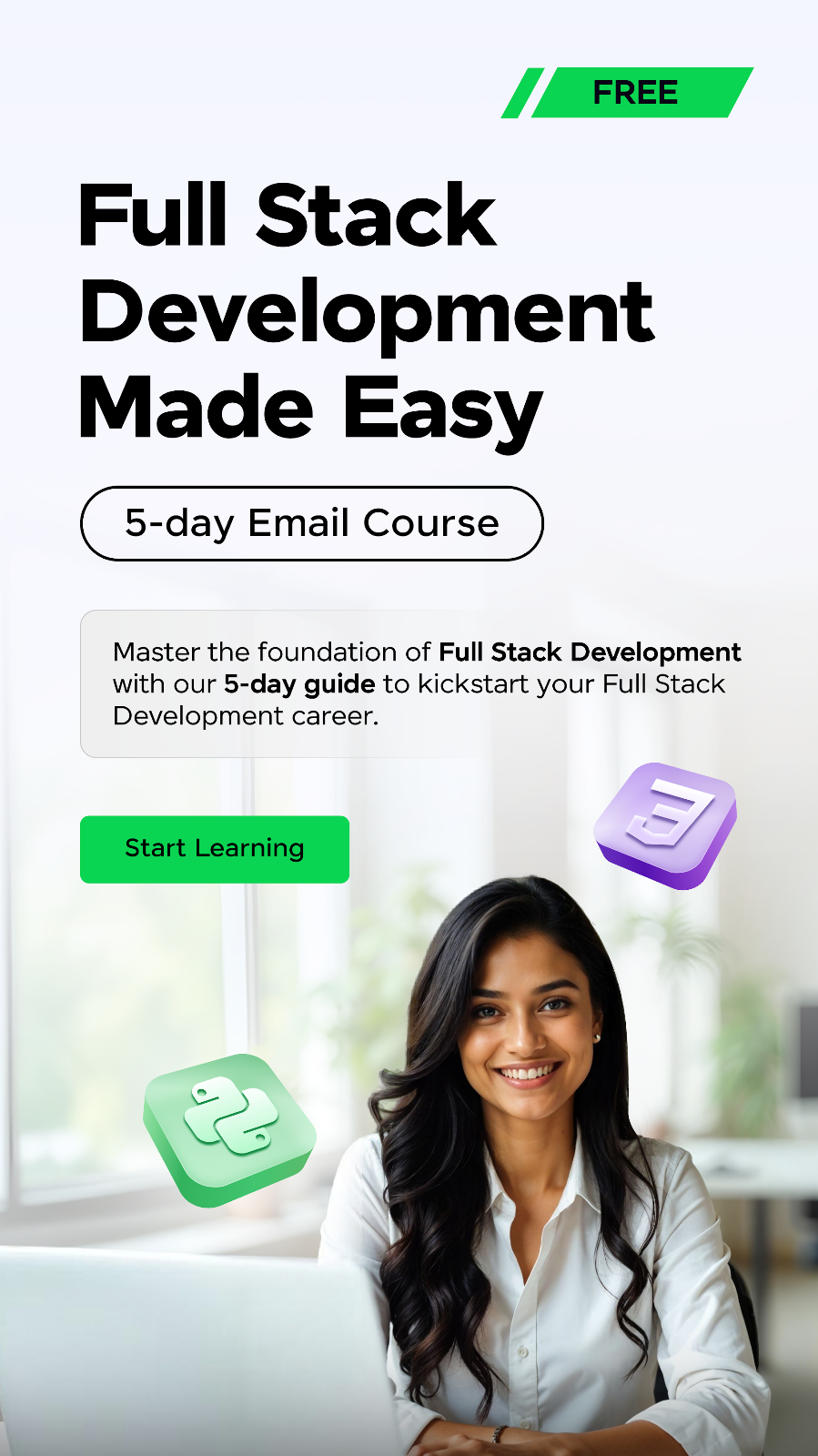
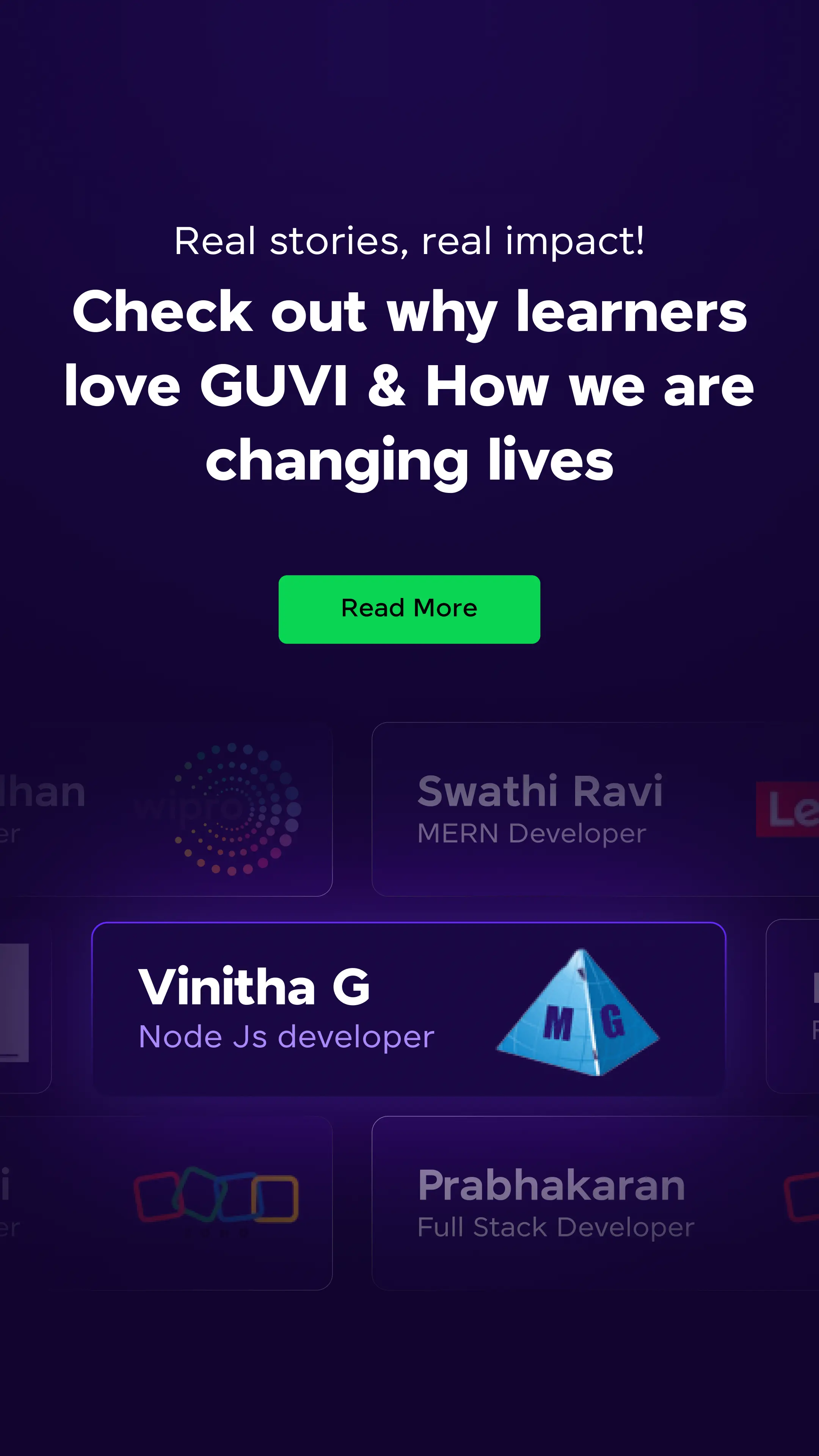















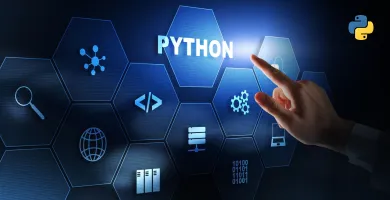



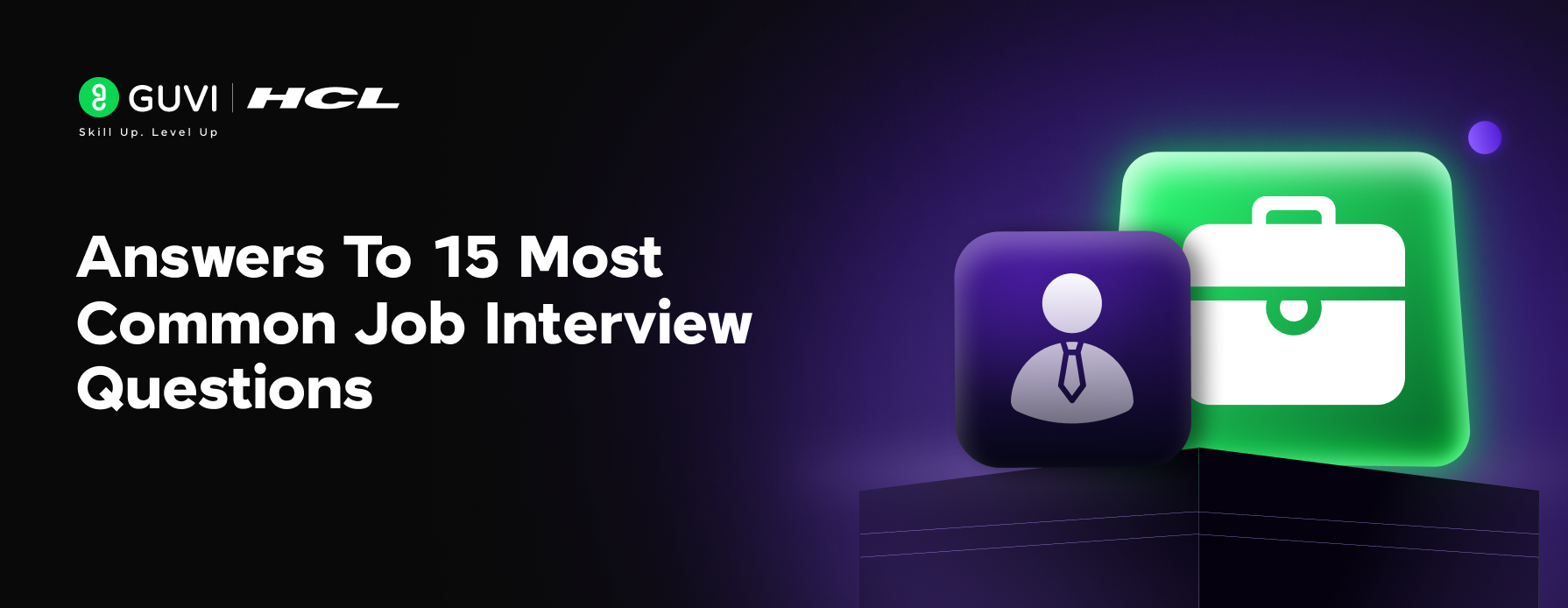
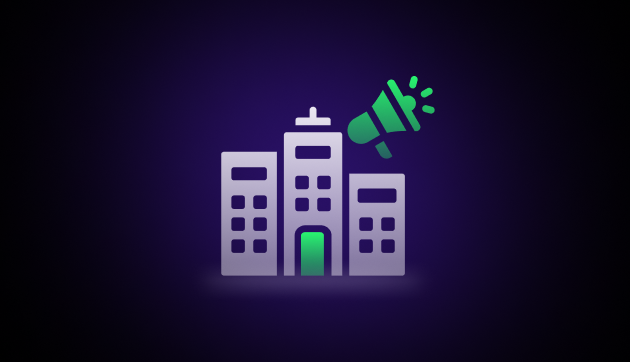
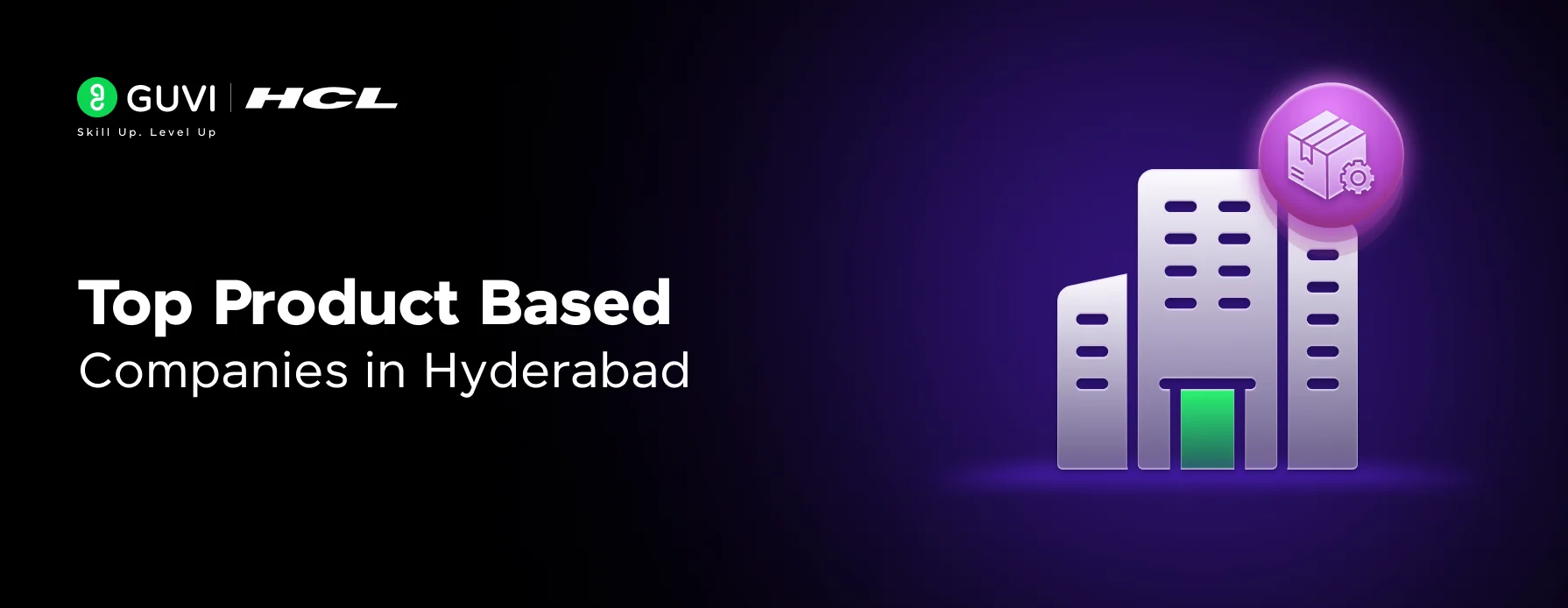


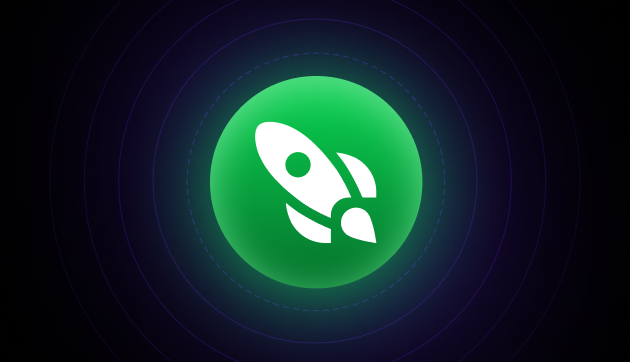

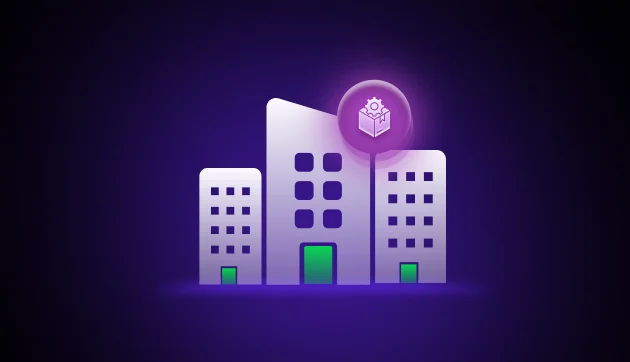





Thank you for sharing such valuable insights in this blog post! I found the content very informative and well-presented. The way you explained The Complete MERN Stack Developer Career Roadmap made it so much easier to understand. I’m looking forward to exploring more of your posts. Keep up the great work